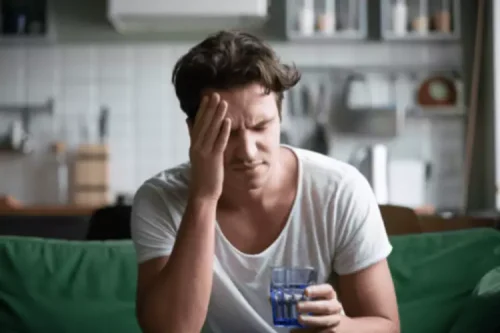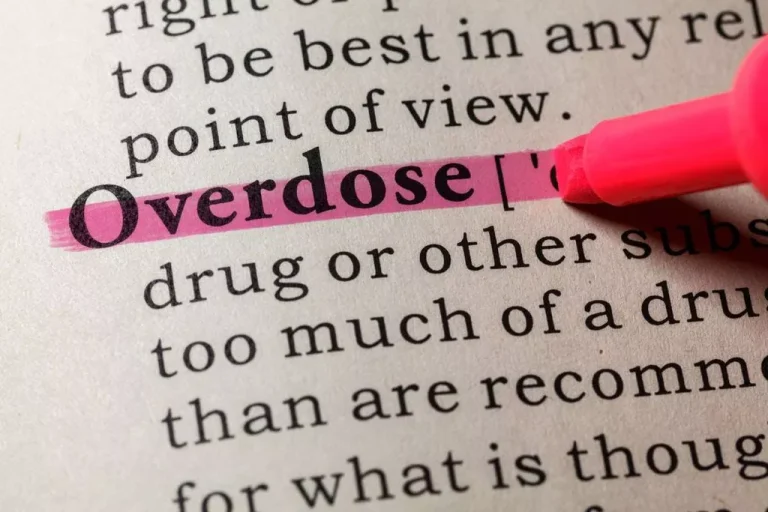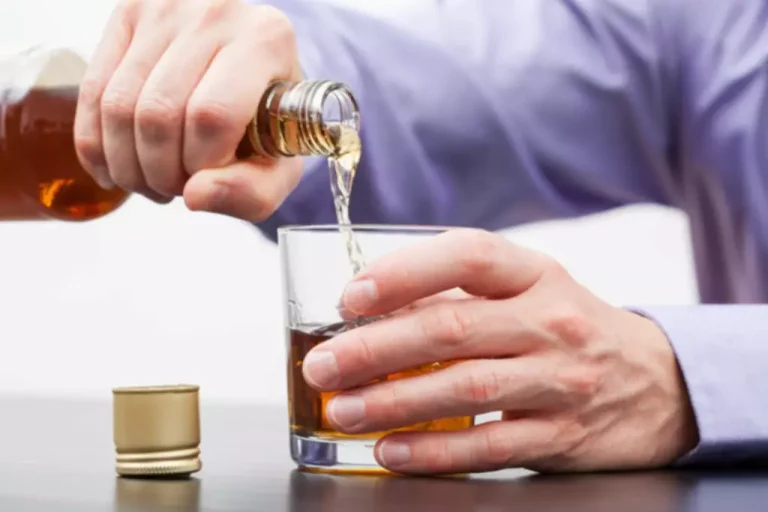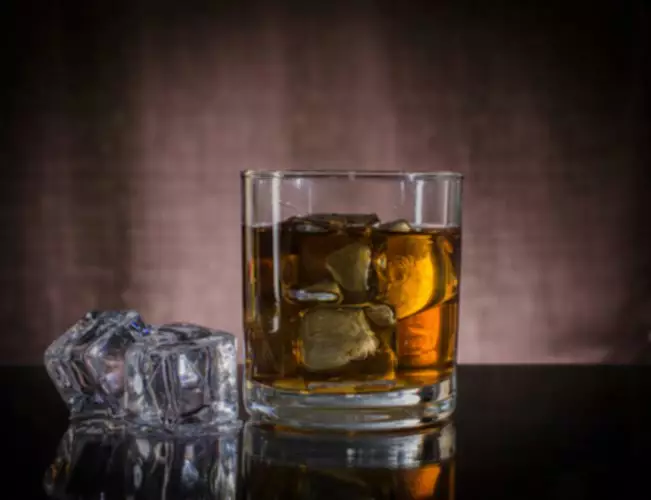
Just check with your doctor before trying these, especially if you’re taking medication. Once you begin your healing journey, it’s important to engage alcohol and depression in self-care. This article was supported by the Charles Engelhard Foundation and National Institute on Drug Abuse grants K23DA and K24DA022288.
How we reviewed this article:
” See the Resources section, below, for SUD screening and assessment tools. One night of heavy drinking can impair your ability to think clearly for up to 30 days. Tens of thousands of today’s college students will eventually die of alcohol-related causes, such as car accidents, cirrhosis of the liver, heart disease and other diseases. Women are also more likely to develop alcohol-related organ damage, developing liver disease sooner than men, and perhaps increasing the risk for breast cancer. There was a statistically significant association (P value 0.002) between depression and the level of alcohol dependence at intake. Participants with an AUDIT score of 19 and above were more likely to be depressed.
Address negative feelings when they come up
Additionally, articles published within Cureus should not be deemed a suitable substitute for the advice of a qualified health care professional. Do not disregard or avoid professional medical advice due to content published within Cureus. Regarding the type of abuse, alcohol dependence with depression was evaluated in six studies [16-18,20-22] either alone or with other abused substances. Opioids were also examined in two studies [15,18], and cannabis was examined in two studies [18,20] (Table (Table11). If you feel depressed even when you don’t drink, or you drink because you feel depressed, it’s best to reach out to a mental health professional. But regularly drinking more alcohol than these guidelines recommend can pose a number of health risks, including depression.
- Vaillant (1995) has conducted a 40-year followup of 2 samples, one including more than 200 college men and the other including more than 450 blue-collar boys who were ages 11 to 16 at the time of the original study.
- The 988 Suicide and Crisis Lifeline is available 24 hours a day at 988.
- It is vital to discuss the risks and possible interactions of every medication with a doctor.
- Additionally, articles published within Cureus should not be deemed a suitable substitute for the advice of a qualified health care professional.
Alcohol can increase the risk of dangerous symptoms
Excessive alcohol drinking can also cause problems socially, such as issues with family, school, employment, and friends. This could have a carryover effect on depression since loneliness and lack of social support are linked to depression. https://ecosoberhouse.com/ Drinking alcohol can become a coping mechanism to deal with feelings of hopelessness, numbness, guilt, and worthlessness. During therapy, you can learn coping mechanisms that can help you return to life without drinking.
Drugs & Supplements
While quitting alcohol is crucial for people with alcohol use disorder and depression, avoiding alcohol will not cure depression. People may wish to seek quality psychological care from a doctor, therapist, or both. The specific effects of alcohol on antidepressants depend on the antidepressant a person takes.
Those with alcohol dependence are 2.8 times more likely to have had PDD in the previous year. Additionally, genetics may influence how likely you are to develop depression and a substance use disorder (SUD). Outpatient settings offers much of the same programming as inpatient treatment but is relatively less time intensive. Patient are able return home or to other living situations outside of treatment hours. Outpatient treatment may only be an option if a person’s current level of physical dependence does not necessitate the need for inpatient treatment. Women are more than twice as likely to start drinking heavily if they have a history of depression.
- Readers interested in more detailed descriptions of the methods of particular studies, however, are referred to specific citations within those reviews.
- Secondly, the two disorders may have a causal effect with each disorder increasing the risk of developing the other.
- However, alcohol can make these feelings and other symptoms worse over time, perpetuating the cycle of alcohol consumption and depression.
- However, evidence suggests that more than 25% of people in treatment have experienced a substance-induced depressive episode in their lifetime.
- This co-occurring disorder isn’t uncommon, but it can be difficult to treat.
- Your GP may recommend a talking therapy such as counselling or CBT (Cognitive Behavioural Therapy), or a self-help group.
- It is important to inquire about mood symptoms during periods of abstinence, and to ask about a family history of mood disorders and AUDs.
- If you feel depressed even when you don’t drink, or you drink because you feel depressed, it’s best to reach out to a mental health professional.
- Research from 2011 found that having an alcohol use disorder significantly increased a person’s risk of having depression.
- People who frequently drink are more likely to experience episodes of depression, and they may drink more in an attempt to feel better.
Research has substantially improved understanding of the etiology, course, and treatment of co-occurring AUD and depressive disorders. However, significant gaps remain in our understanding of these two disorders, and these gaps present important opportunities for future research. Simultaneous treatment for alcohol misuse and a depressive disorder can help you or your loved one take back control of your mental health, physical wellbeing, and overall happiness. But if you have trouble managing your drinking, become fixated on alcohol, or keep drinking even though it may cause issues, you might have alcohol use disorder.
It’s a condition that involves a pattern of using alcohol, which can include binge drinking or having more than a certain number or drinks within a set time frame, or increasingly having to drink more alcohol to lead to the same effects. For example, a person with frequent episodes of severe depression may turn to drinking to self-medicate. People who frequently drink are more likely to experience episodes of depression, and they may drink more in an attempt to feel better. Major depression and alcohol use disorder are also co-dependent in women, research suggests. Women with depression are also more likely to engage in binge drinking.

Similar articles
Flensborg-Madsen et al. in a prospective study showed that the causal role of alcohol use disorders in major depression was stronger than the causal role of major depression in alcohol use disorder [16]. Some of those studies did not identify the substance included in their studies, making the outcomes to all types of abused substances unsupportive in that area. Additionally, only SSRI was examined in combination with medications for alcohol dependence.


Once a person becomes deeply depressed, regardless of the cause, he or she may need to be hospitalized and provided with the appropriate precautions against suicide. These steps should be considered even if the patient’s depressive disorder is a relatively short-lived alcohol-induced state. Practitioners can counteract their patients’ depressive symptoms by providing education and counseling as well as by reassuring the patients of the high likelihood that they will recover from their depressions. Similarly, an alcoholic who experiences repeated panic attacks or other anxiety symptoms requires intervention for the anxiety, regardless of the cause. Alcoholics who experience high levels of anxiety or nervousness, including panic attacks, will likely benefit from education and reassurance as well as from behavioral therapies aimed at increasing levels of relaxation. The current study did not investigate the cause of association between depression and alcohol dependence.